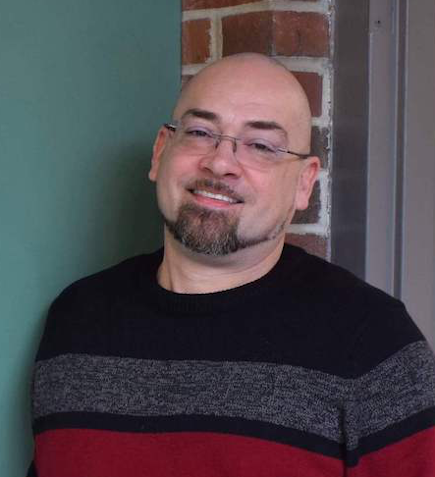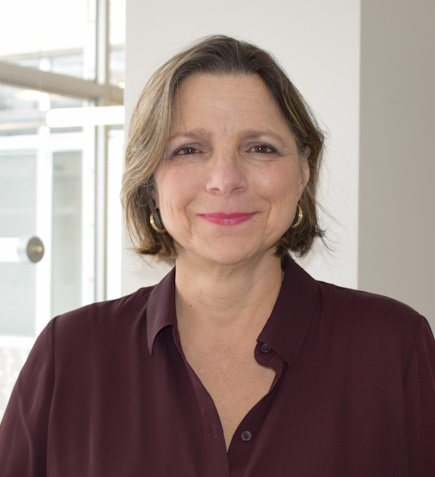New School of Social Work initiative supports Peer Specialists in their quest to become licensed social workers
Thanks to funding from the Michigan Health Endowment Fund, a new community health initiative launched to address the shortage of skilled professionals in the behavioral health workforce is coming to fruition. The Michigan Health Endowment Fund is a philanthropic foundation that works to improve the health and wellness of Michigan residents while reducing healthcare costs. Wayne State University’s School of Social Work (SSW) is partnering with the Detroit Wayne Integrated Health Network and provider agencies to attract potential Peer Specialists seeking employment as licensed social workers. “Peers to Higher Education” offers Peers the opportunity to advance their career in an urban environment with degree paths and specialized wraparound support services to meet their needs.

“Peers” are individuals who have lived experience with behavioral health challenges and/or who are in recovery. Lena Boraggina-Ballard, SSW research associate and project manager during the first year of the initiative, now serves in a supporting role; Larry West, a project coordinator and Peer, is also a project coordinator for the Center for Behavioral Health and Justice.
“I lost three young adult family members to overdoses within a two-year timeframe. I wanted the opportunity to take an active role in this project and others like this. These types of initiatives were not available to the young adults in my family who could have made an impact. ‘Peers to Higher Education’ addresses challenges and barriers Peer Specialists face,” Boraggina-Ballard said.
West worked in the social work field while also attending school.
“I’m very familiar with the challenges and barriers faced by Peers to wish to further their education and career. I firmly believe that integrating the Social Work workforce with Peers will provide greater empathy and engagement within the field. Who better to improve the profession than those who have been on both sides as clients and providers?” West said.
A few key details about Peers to Education:
- Peer Specialists must be seeking a Bachelor of Social Work or Master of Social Work degree.
- Full- and part-time options with day, evening, and online classes are available.
- Financial support is available, including more than 60 private scholarships that are awarded to SSW students totaling nearly $300K annually.
- A varitey of student supports are availlable including WSU child care centers, adult learner programs, SSW peer mentors, and specialized social work coaches in writing, research and technology.

“Acquiring a BSW or MSW will give Peer Specialists the skills they need to increase their job prospects while at the same time addressing the shortage of professionals in the behavioral health workforce. We regularly hear from our community partners and field placement sites that workforce challenges are impacting access to care, and we feel this project could help bring more people into the field. Infusing the Social Work workforce with Peer Specialists will provide an understanding only those with lived experience have, thus, bringing both client and provider perspectives to the field of social work,” Boraggina-Ballard said.
Now is a great time to pursue a social work degree. According to the U.S. Department of Labor—Bureau of Labor Statistics, employment of social workers is projected to grow 9% from 2021 to 2031, depending on the specialty. This is faster than the average for all occupations.
The initiative’s planning phase is wrapping up, and applicants will be accepted as early as this fall.
“We’ve begun community outreach in Wayne County and the Metro Detroit area to raise awareness about ‘Peers to Education’ and promote SSW recruitment,” she said.
Peer Specialists interested in applying can contact West at larry.west@wayne.edu. For more information click here.
Author: Laura Hipshire laurahipshire@wayne.edu